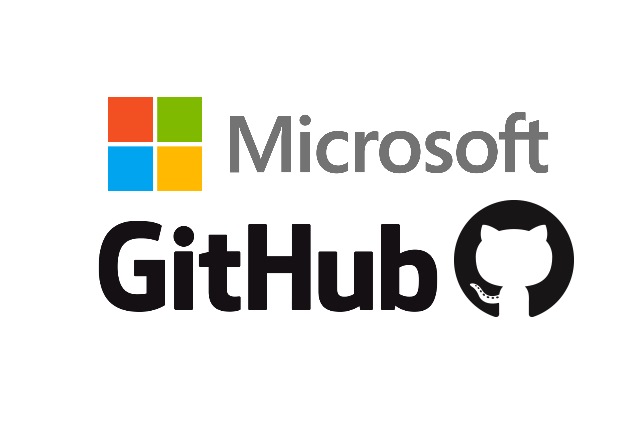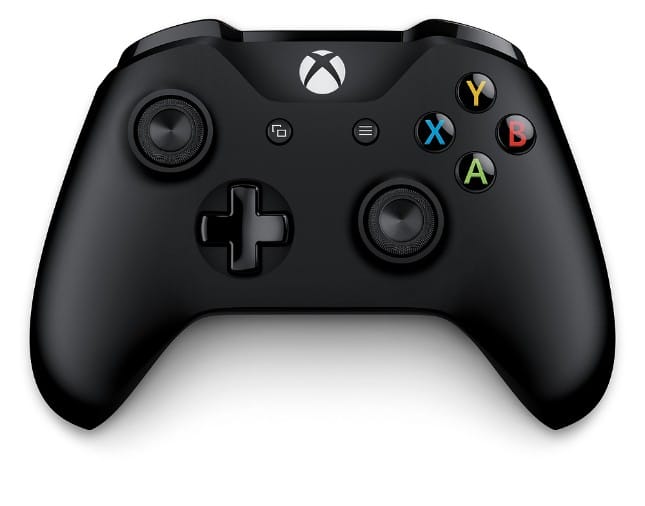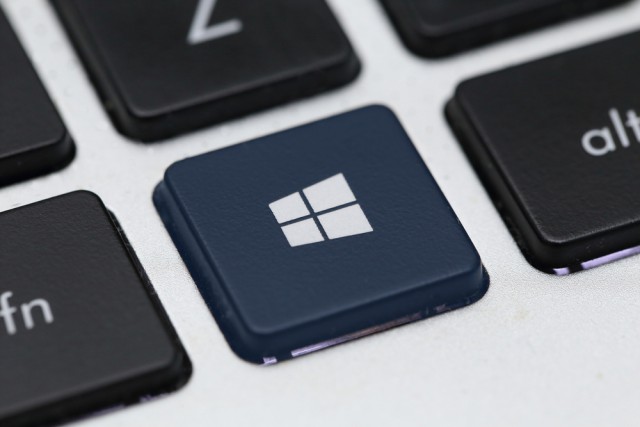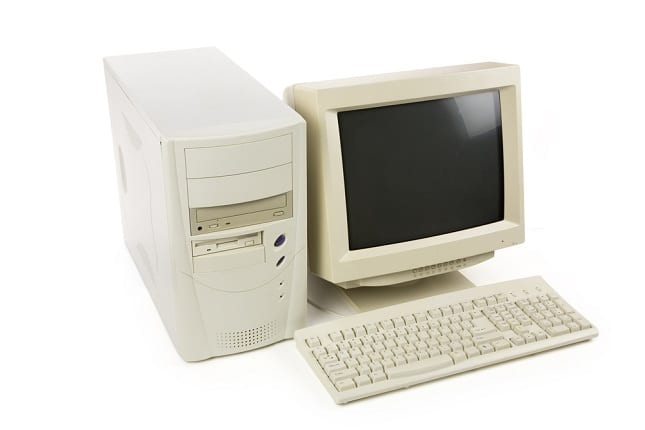
Issa Rae is the latest celebrity Google Assistant voice
Google is bringing the vocal talent of actress and comedian Issa Rae to Google Assistant.
As with the John Legend voicing, Rae is only making a cameo as an Assistant Voice, and will only speak up in response to certain commands and queries. She can be found piping up on iOS and Android handsets, as well other devices that support Google Assistant such as Next Hub and Google Home smartspeakers.

New solution speeds up identity verification for enterprises
Due to the potentially crippling effect of security breaches and data loss on both the bottom line and a brand’s reputation it's vital for organizations to protect their users.
Increasingly, identity management has become central to building seamless, secure digital engagement platforms, differentiating products, and winning long-term loyalty. However there can be a trade off between security and performance.

Leaked email shows Microsoft-owned GitHub renewing controversial ICE contract
GitHub will continue to sell software to ICE (the Immigration and Customs Enforcement agency), a leaked memo shows.
Despite both Microsoft and the GitHub team having voiced concerns about some of the Trump administrations policies -- and disagreeing with them quite publicly -- the decision has been taken to renew a contract to supply ICE with a GitHub Enterprise Server license.

Apple Store now selling Microsoft Xbox One controller
The Apple Store is selling Microsoft hardware. Let me repeat. The Apple Store is selling Microsoft hardware! It's crazy, but true. Starting today, you can buy the Xbox One controller from Apple's online store. The world has seemingly gone mad these days, as this news follows Microsoft's announcement that it will use the Linux-based Android for its upcoming smartphone -- the Surface Duo.
Why would an Apple user want such a thing? It is quite simple -- the Bluetooth Xbox One controller is compatible with Mac, iPhone, iPad, and Apple TV. With Apple Arcade now available to all, it makes sense for Apple to offer up such a wonderful controller to its customers.

New threat monitoring service helps businesses protect their digital footprint
Traditional cyber defenses are designed to protect assets that exist within an organization's network. But with the growth of the cloud, IoT and more, assets now extend far beyond the network perimeter, increasing the risk of exposure or theft.
FireEye is launching a Digital Threat Monitoring tool that automatically collects and analyzes content on the dark and open web, alerting defenders whenever a potential threat is detected.

Now is the time to embrace Just-in-Time learning
End user adoption of enterprise software, such as the highly prevalent Office 365, should be a top priority for any IT organization. However, it can sometimes be hard to achieve max adoption through the use of traditional training or eLearning methods alone, which take employees away from their daily tasks for lengthy education sessions. Instead, companies could benefit from implementing tools and policies capable of providing "Just-in-Time Learning" (JITL) that provide workers with answers to their technology questions within their normal workflow. JITL addresses the performance and training needs of the modern technology-focused workplace and the stringent, on-demand information requirements of a rising millennial workforce.
Staying on top of training can be arduous, especially when we consider worldwide spending on information technology is expected to reach near-$4 trillion by the end of 2019 (Gartner). That’s a lot of new tech for employees to learn and leverage, just to get their jobs done. What’s more is that traditional training methods can quickly monopolize annual budgets. In fact, average training expenditures for large companies increased from $17 million in 2017 to $19.7 million in 2018 alone.

Virgin Voyages cruise line lets you order champagne by shaking your phone
I'm not a rich man, but I appreciate the finer things in life. For instance, going on cruises is one of my favorite things -- I love to be treated like an important person by the ship's staff for a week or so. I can feel unremarkable for the rest of the year.
Speaking of traveling by sea, Virgin Voyages is a new cruise line from British billionaire Sir Richard Branson. So far, he only has a single ship, but he will undoubtedly expand that if it proves popular. Today, Virgin Voyages announces a fancy feature for those that book travel on its ship -- you can order champagne by shaking your smartphone!

Avoiding expense overpayments in the NHS
With increasing innovation and investment in technology, the UK's National Health Service, the NHS, is currently in the throes of real digital transformation. The move to a paperless NHS is one part of the process that has been well documented but so have the doubts about when it will happen. While many industry voices agree that the NHS needs to cut out the paper, drive efficiencies and harness digital technology, there is a lack of consensus around when this will be achieved -- estimations vary from 2020 to 2027.
However, it’s important to put this into context. As the nation’s single biggest employer, with 1.7 million workers across the UK, the NHS is the fifth-largest workforce in the world. With this size and scale comes a myriad of processes which all need to be automated and digitized, especially for back office functions such as HR and payroll.

New study: Robots might be able to recognize human emotions
As artificial intelligence, or AI, moves further and further into a future we only dared to dream of before, we now have to find ways to coexist with our robot counterparts.
The robots are shaping up to adapt to our nature in a way only other humans could previously do. Now, we might have robots that are advanced enough to feel the tension in a room.

Microsoft releases Windows 10 20H1 Build 18999 and adds calling to Your Phone
The Windows Insider program is currently looking for a new leader, but new Windows 10 builds from the 20H1 branch, due out next May, are continuing to roll out on a weekly basis.
Build 18999 makes the ability to move and resize Cortana’s window available to all Insiders, and calling is now available in the Your Phone app.

'Pass the Hash' attacks highlight need for improved privileged access management
Pass the Hash (PtH) attacks which use stolen hashed administrator credentials to breach security are a major risk to businesses.
A new report from One Identity, based on a survey of over 1,000 IT professionals carried out by Dimensional Research, finds 95 percent of respondents say that PtH attacks have a direct impact on their organizations.

Google makes it much easier to shift streaming music and video between devices
With more than one Nest device or Google Home speaker in the house, it can be a pain to manually switch music streaming from one speaker to another as you move from room to room.
But now Google has introduced a new feature that makes the process much, much easier. The "stream transfer" option can be accessed with your voice via Google Assistant, or using apps.

Twitter reveals 2FA security data has 'inadvertently been used for advertising purposes'
Twitter has announced that email addresses and phone numbers provided by users for use with two-factor authentication (2FA) have been "inadvertently" used to deliver tailored ads.
The company says it does not know how many people are affected by the incident, but apologizes for letting private data be used in this way. The timing of the announcement is a little strange. Twitter says that the matter was under control as of September 17, and it is not quite clear why it took three weeks to go public about it -- even though it says "in an effort to be transparent, we wanted to make everyone aware".

Fedora Linux wisely kills 32-bit version
I fondly remember building my first-ever 64-bit computer with an AMD 3200+ processor. While it seems like only yesterday, the reality is, that was more than 15 years ago! Yes, 64-bit consumer chips have been around that long, showing how asinine it is for operating systems to still support outdated 32-bit hardware in 2019. Shockingly, Microsoft has 32-bit Windows 10, while countless Linux distributions support the antiquated hardware too. Sigh.
Thankfully, the good folks that develop the excellent Fedora Linux distribution have finally had enough. Beginning with the upcoming version 31 of the operating system, i686 32-bit processor support is being dropped by the Fedora Project. While it absolutely is the correct decision, there will undoubtedly be whining from some vocal crybabies in the Linux community. After all, for some Linux users, the act of complaining seems to be a popular pastime.

Google shares top Halloween costumes of 2019 based on search
Halloween used to be a day for children to collect candy and dress up in costumes, but lately, it seems like adults have hijacked the holiday. More and more grownups are dressing up in costumes -- a trend that is probably due in part to the popularization of nerd culture and events like Comic-Con. Hell, people are even dressing up their pets these days -- something I am guilty of. Don't get me wrong, there's nothing wrong with wearing a costume and having fun, it is just an interesting change culturally.
This year Google is sharing the top Halloween costumes based on search. Personally, I like when Google provides information like this, because the true value in collecting data is being able to tell stories with it. With the search giant slurping up so much data, it would be tragic if it didn't conduct analysis.
